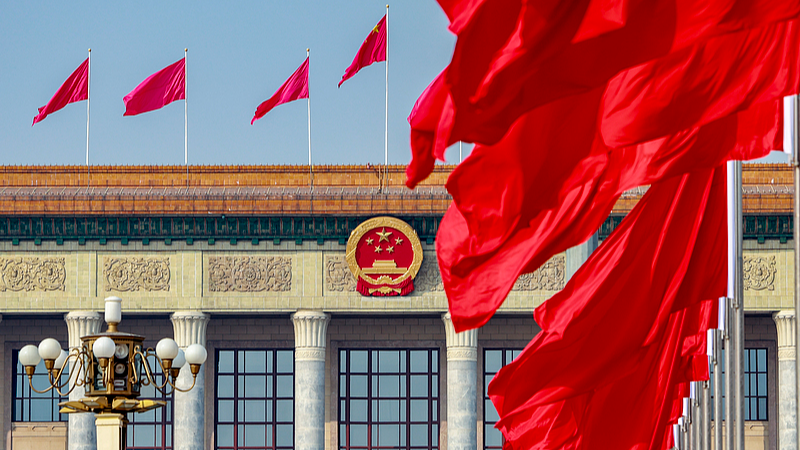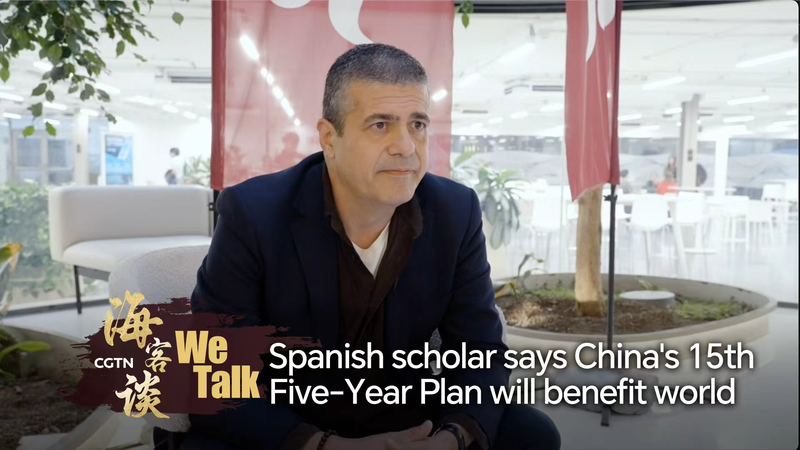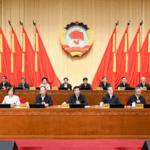China’s five-year plans have evolved from rigid economic blueprints to dynamic frameworks shaping everything from tech innovation to social equity. With the 15th Five-Year Plan (2026–2030) on the horizon, experts are asking: Could this roadmap redefine how the world approaches growth and development? 🚀
From Soviet Roots to Modern OS
Think of China’s current planning system like a smartphone OS update: ideology-driven 'code' at the top, adaptive implementation logic in the middle, and real-time feedback loops from citizens. Since 2012, this system has prioritized the Chinese Communist Party’s leadership as the 'core processor' for achieving national rejuvenation by 2049.
The 2035-2049 Countdown ⏳
The plan’s success hinges on two milestones: 2035 (targeting 'socialist modernization' with higher living standards) and 2049 (transforming China into a 'great modern socialist country'). The 15th Plan acts as the critical bridge between these phases, focusing on equitable wealth distribution and systemic reforms.
Growth 2.0: Sharing the Pie 🥧
Key priorities include portable social insurance across provinces, redirecting state-owned enterprise profits to public services, and wage agreements linking worker pay to productivity gains. Analysts call this a shift from 'GDP obsession' to 'modernization as legitimacy'—where everyday benefits, not just economic stats, define success.
Could this model inspire a global rethink on balancing growth and equity? As one expert puts it: 'China’s playing chess while others play checkers.' ♟️ The world is watching.
Reference(s):
Will China's 15th Five-Year Plan inspire a new global growth model?
cgtn.com








